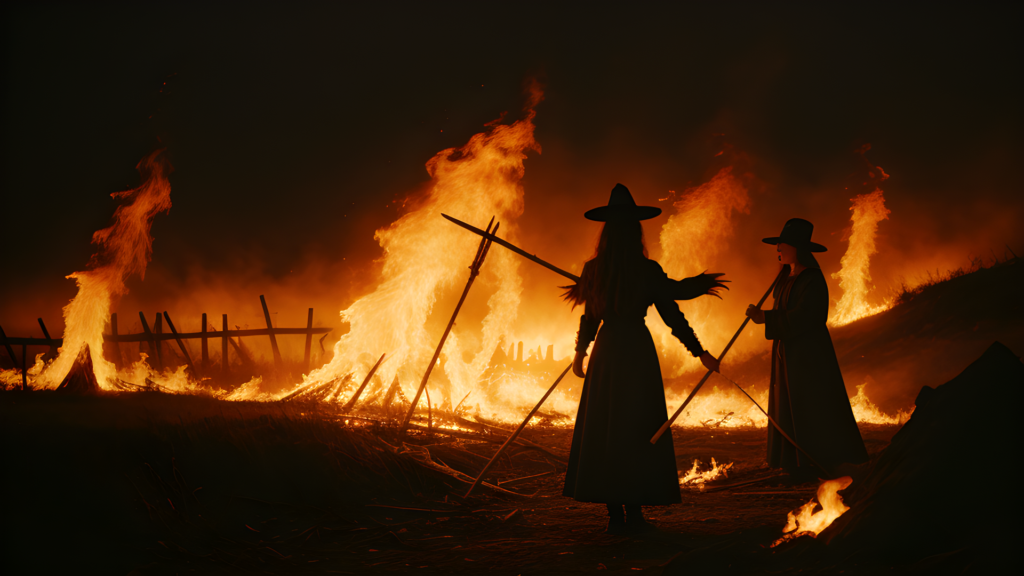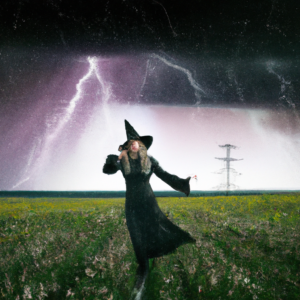
The term “Burning Times” refers to a period in European history, primarily between the 15th and 17th centuries, when accusations of witchcraft led to trials and executions. This era is most commonly associated with the witch hunts in Europe, although similar phenomena occurred in other parts of the world. The impact of the Burning Times on society was profound and multifaceted, influencing legal, cultural, religious, and social aspects.
Legal and Judicial Impact
The witch hunts significantly impacted the legal systems of Europe. They led to the development of specialized courts and legal procedures designed to handle witchcraft accusations. For example, the infamous “Malleus Maleficarum,” a treatise written by Heinrich Kramer, served as a guide for prosecuting witches. It legitimized and systematized the witch hunts, contributing to the spread of trials across Europe. These trials often disregarded traditional legal rights, relied heavily on torture for confessions, and promoted a culture of fear and suspicion.
Cultural and Religious Impact
Culturally, the Burning Times instilled a pervasive fear of the supernatural among the populace, intertwining folk beliefs with more orthodox religious practices. This period also reflected and reinforced gender biases, as the majority of those accused and executed were women. Commonly, these were older women, widows, or those outside societal norms, contributing to a narrative that linked female independence and nonconformity with malevolence.
Religiously, the hunts were supported by the Catholic and Protestant churches, which both used the fear of witchcraft to solidify their authority and suppress heterodox beliefs. The era was marked by intense religious conflict, and the witch hunts were sometimes used to target individuals based on their religious affiliations, viewing witchcraft as a heretical and devilish practice.
Social Impact
Socially, the witch hunts were devastating. Communities were torn apart by suspicion. Neighbor turned against neighbor, and family members could be forced to testify against one another. The social fabric of many communities was irreparably damaged, with trust eroded and social cohesion often destroyed. This period also had economic implications, as the seizure of the assets of the accused could benefit local authorities and incentivize further accusations.
Long-Term Implications
The legacy of the Burning Times is still evident today in modern legal and cultural contexts. The witch hunts serve as a cautionary tale about the dangers of scapegoating and the potential for the abuse of power in legal systems. Culturally, the figure of the witch has evolved from a feared outcast to a symbol of empowerment for some, particularly in feminist and neopagan circles, reflecting a reclamation of the narrative around women and power.
In summary, the Burning Times had a significant impact on the development of European society by affecting its legal systems, cultural norms, religious practices, and social structures. The repercussions of this period have led to ongoing debates about justice, human rights, and the role of superstition and fear in shaping societies.






